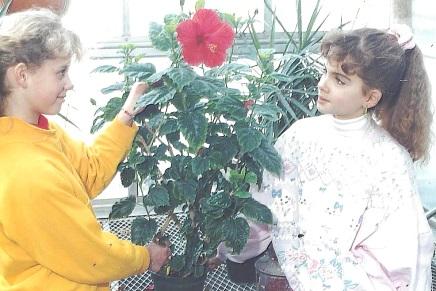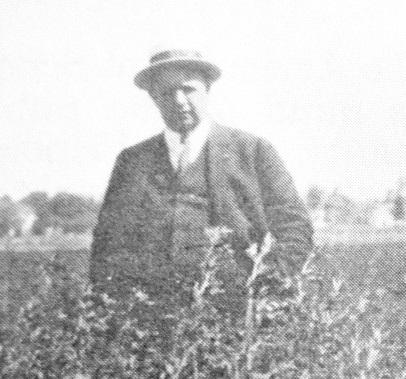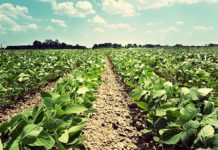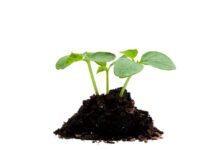by William J. Langenberg, former lecturer Kemptville College of Agricultural Technology
One of my relatives took her grandchildren to Upper Canada Village for a day. She and her grandchildren watched a farmer milking a cow by hand. A lady in the visiting group asked the farmer, “What are you doing?” He answered, “I’m milking a cow!” She asked, “What for?” He explained, very politely, “the milk that comes out of this cow can be processed, and you will be able to buy this milk in a carton in the store!’ The lady turned around, walked away from the group, and threw-up.
I was fortunate, growing up, to have parents with gardens, and neighbours with livestock, in a small village in the Netherlands. Every evening, I would visit the neighbour’s dairy farm and watch the 20 cows being milked by hand. The dairy farmer would send me home with a litre of milk.
My parents would care for the gardens and orchard, and, in the Fall, they would harvest and preserve the seasonal produce for the winter. I say I was fortunate, because these experiences were a part of my daily childhood life, and that meant I always knew where my food came from. More importantly, I knew that food always came at a price – a price greater than money. The price of farming also includes the countless hours of time, effort and care that go into raising and harvesting everything from vegetable to grains, fruit, livestock and dairy.
Even at grade school we learned about farming practices, because the majority of students’ parents worked on, or owned a farm.
That experience of my early childhood prompted me to start a professional career in Agriculture and Horticulture, which brought me to the Kemptville College of Agricultural Technology (KCAT), formerly Kemptville Agricultural School (KAS), during the mid-seventies. William James Bell, the first Principal of KAS (1917-1936), instructed teachers during the early school years, “I don’t want textbook education, just share your personal agricultural experiences”. I just did that for 25 years.
Mr. Bell was well ahead of his time, because he was a visionary instructor who, against anybody’s wishes, grew and harvested ‘Sweet White Clover’. “Sweet White Clover”, he said, “is good nutrition for cows, and, besides, it produces lots of organic matter”. If Mr. Bell was alive today, he would be heavily involved in Carbon Management Trials, because that same Sweet White Clover would sequester carbon today.
The last time we had primary school kids visiting the KCAT campus was in 1991. On a hay wagon ride, we took these kids to the school’s greenhouses, orchard and the dairy barn. This last school visit was one year before our Ontario Ministry of Agriculture and Rural Affairs decided, in their infinite wisdom in 1992, that the rural Agricultural Colleges were not essential anymore to the Ministry’s long range plan. We became a satellite campus of the University of Guelph until 2015.
A recent survey by the U.S. Farmers & Rangers Alliance at schools across the US showed that 72% of Millennials don’t have a clue where our food comes from. These kids today don’t have that experience in their day-to-day life, which I used to have. That worries me. My concern for children today is that a trip to the supermarket doesn’t paint an accurate picture of our food chain.

KCAT’s greenhouses on Feb.21-1991
I wonder how many kids on the Kemptville Campus today have any idea where food comes from? I applaud parents who take their children to the Kempville Farmers’ Market. This is a great way for kids to meet farmers, connect them with agriculture, so that they begin to get a feel for who is growing food locally. But don’t stop there. Talk to your kids about what they’re not seeing at our farmers’ market. Help them to understand why farms are important, so that we can get them to purchase local food. Kids need to know that ’fried chicken’ is not made in a restaurant.
Often, I give a small child visiting our Kemptville Farmers’ Market a vegetable plant, with the instruction, “Here, grow this plant at your home and harvest the produce from it”. It is a pretty sad picture when you see someone throw-up, because that person just found out that milk comes out of a cow. That’s all because society is disconnected from Agriculture.








